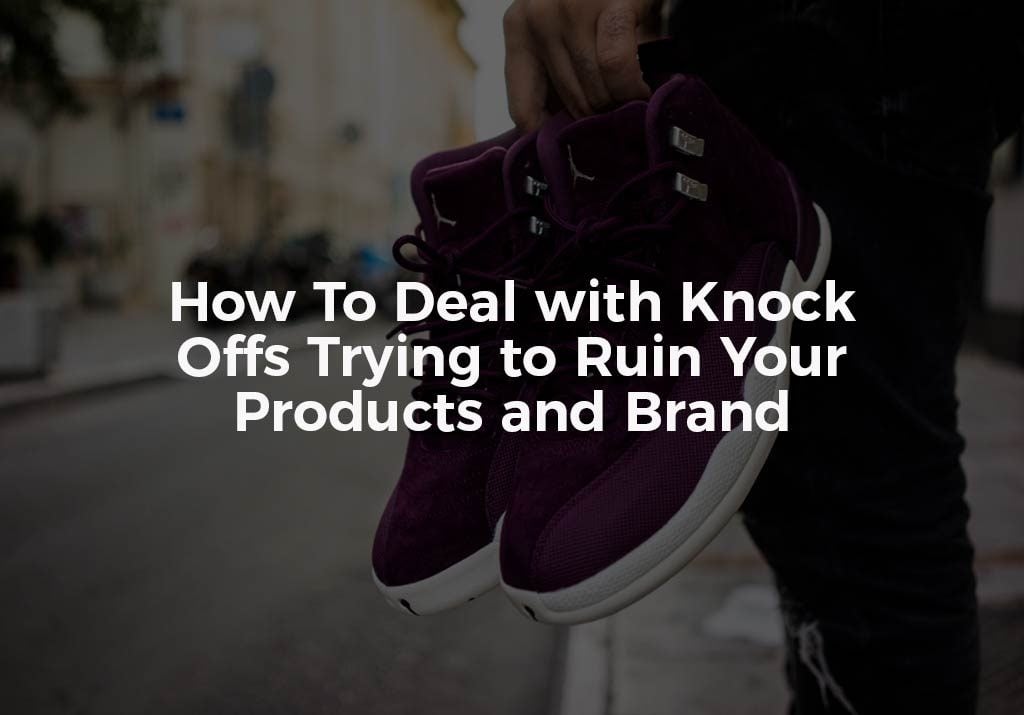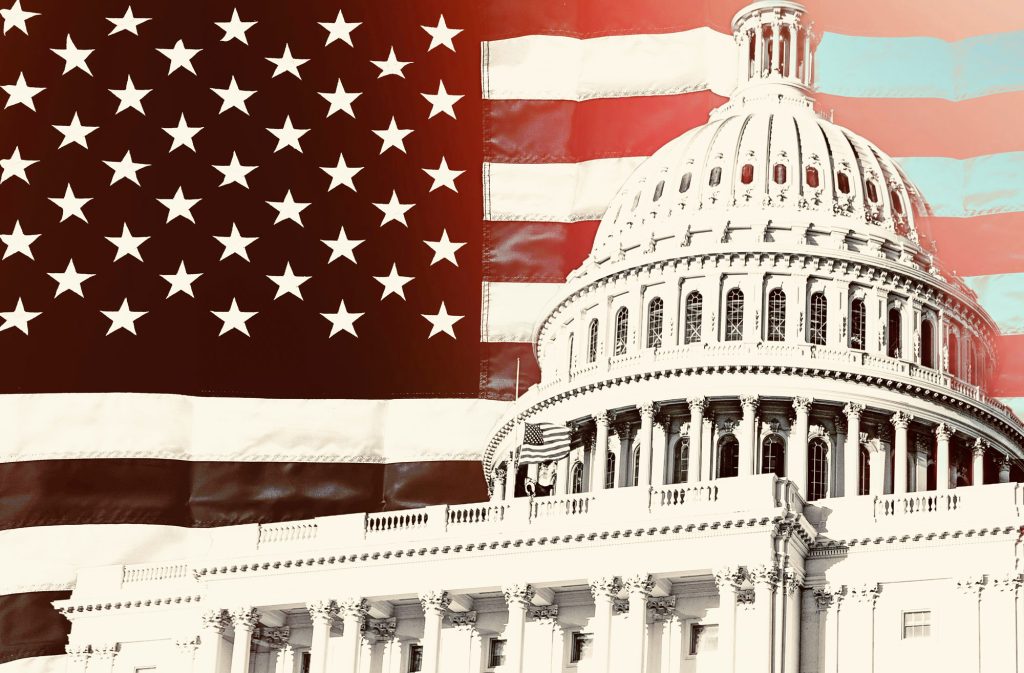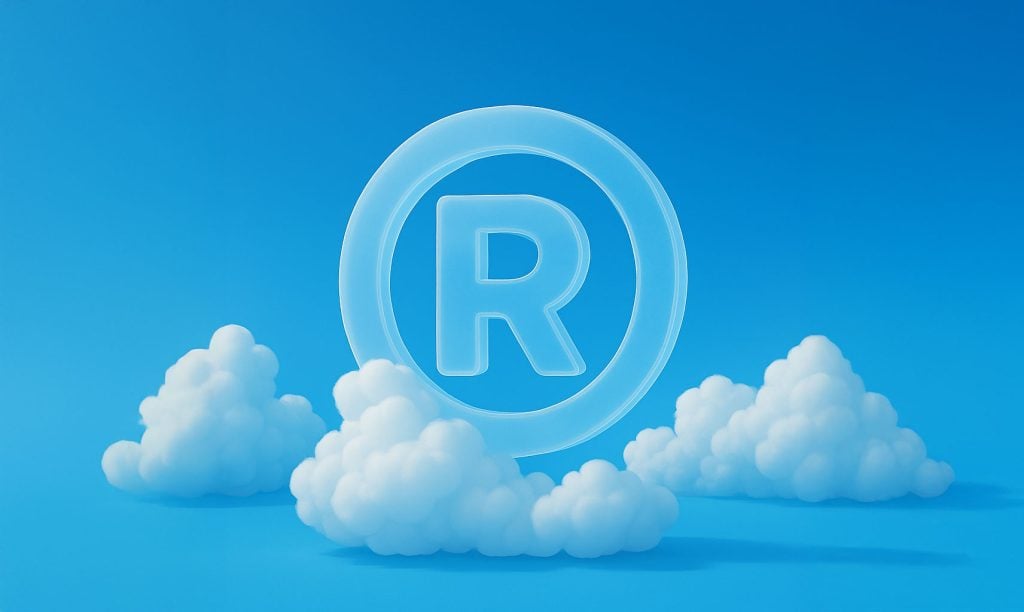Trying to stop counter fitters from undercutting your price and stealing your revenue is like a game of whack-a-mole. Just when you think you’ve won another one pops up, and the fight starts all over again.
The easiest place to see these knock-offs at work is on Amazon. Currently, 40% of Amazon’s sales come from the third party marketplace.
Most of these are from Chinese manufacturers. In 2017, more than half of the items customers bought were purchased from these third-party sellers.
What Knock Offs Do to Your Brand
Knock-off products do more than hurt your bottom line. The loss of sales is just the start of the problem.
Another major problem is that counter fitters have become more sophisticated. Consumers cannot identify the difference between the real thing and the fake.
When this happens consumers will associate the inferior product with your brand. Now your company’s reputation is under attack.
You may find that consumers leave negative reviews for their knock-off product on the legitimate company’s website and product listings. If these negative reviews happen on Amazon, they do double damage.
With combined listings, customers can unknowingly buy a knock off from the official listing. Finally, these counterfeits risk your relationships with other businesses.
If you have agreements with retailers and distributors, they may think you have violated these agreements by selling your product for lower on other platforms.
Protect Your Product Production
If you decide to manufacture your product overseas, you can take a few steps to protect your product. Do your research and only work with reputable companies.
Look for a company that has employees on the ground in the country you plan to manufacture in.
Next, break up the production process among multiple locations and vendors. Produce the parts in one factory, then assemble them in another. This prevents anyone from knowing the whole process.
Protect Your Product Legally
The best place to start legally protecting your business is in your own country. Start by protecting your brand.
File trademarks for your company name and logo. This will help set your company apart from the knock-offs and make it easier for consumers to identify the differences.
Amazon requires sellers who register their marks with the Amazon Brand Registry to have current and active registered trademarks. While trademarks provide national protection, they can also prevent international companies that export goods to the U.S. from selling them under your trademark.
Earlier this year, Amazon launched Project Zero which combines a self-service removal tool with automated scans of logos, trademarks, and physical codes.
Next, consider filing copyrights and patents. These will help protect your individual products.
These steps will make it possible for you to protect your business in your home country. However, they will not protect you in foreign countries.
You will need to file for these documents in the country in which you seek protection.
If you find that many of the knock-offs come from China, you can look into filing for a patent in China. This process can take up to a year, and you are not protected during the application process.
Enforcing Your Protections
Once you have your trademarks and patents in place. you can use them to protect your company against counter fitters. The Lanham Act is a federal statute that lets you file a federal claim for trademark infringement.
To be successful in your claim, you need to show that the distributor offered counterfeit products for sale. It does not matter if the offender knows the items were counterfeit.
If successful though, there are plenty of remedies available. You could gain a permanent injunction, financial compensation, and seizure of all knock off products. For more information on international trademark infringement, see this article.
Prevent Future Knock-Offs
The best way to fight knock-offs is to develop a strong brand reputation and legal protective filings early on. This way you are being proactive and not reactive.
If you discover a knock-off, you already have the documentation in place to have them taken down. This will lessen the damage to your sales as you can act swiftly.
Contact us today if you need help protecting your product from knock offs.




